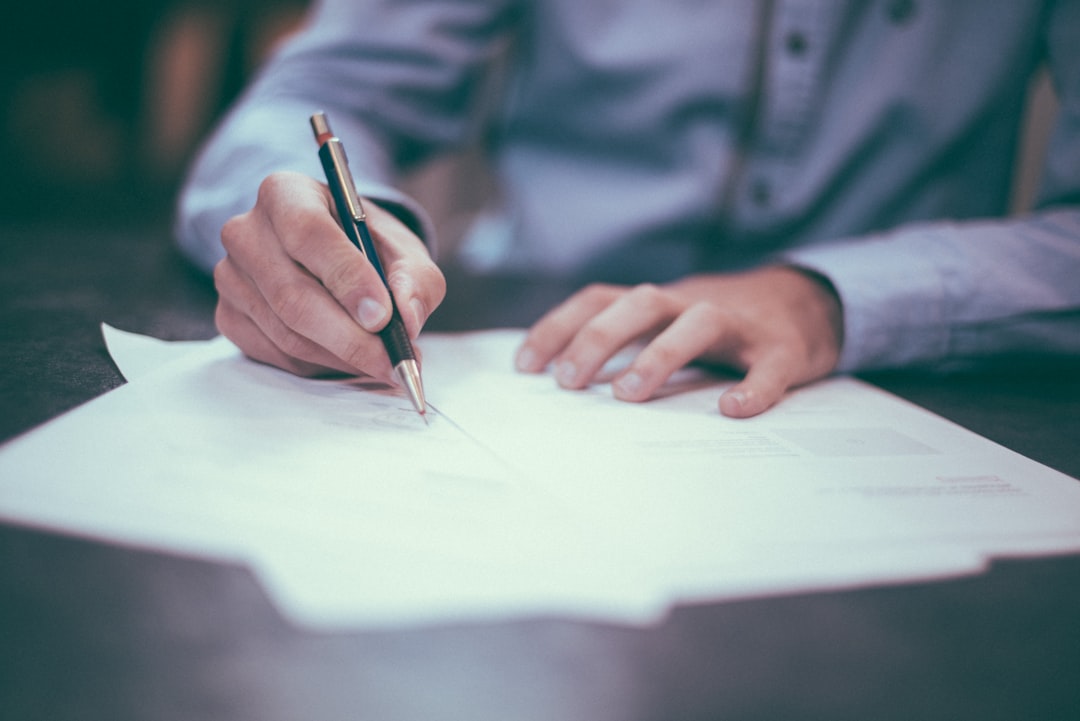Sexual abuse within Maryland's vocational training programs is a pressing issue, requiring targeted attention. With stringent laws and policies in place, the state aims to protect students through comprehensive anti-harassment measures and victim support services. Sexual abuse lawyers, attorneys, and law firms play a crucial role in advocating for victims' rights, ensuring compliance with regulations, and fostering safer learning environments. Educational institutions, employers, and legal professionals collaborate to prevent and address sexual abuse, offering survivors specialized support, counseling, and legal guidance through non-profit organizations and sexual abuse law firms in Maryland.
In Maryland, addressing sexual abuse within vocational training programs is paramount. This comprehensive guide explores the multifaceted issue, focusing on understanding the scope of sexual harassment and assault, reviewing legal frameworks and policies in place for student protection, and highlighting the crucial roles of educational institutions and employers in prevention strategies.
We also delve into support systems and resources available for survivors and those seeking justice, emphasizing the importance of knowledgeable sexual abuse lawyers Maryland residents can turn to for guidance.
Understanding the Scope of Sexual Abuse in Maryland's Vocational Training
In Maryland, sexual abuse within vocational training programs is a serious and complex issue that requires immediate attention and robust prevention measures. With an increasing awareness of the prevalence of sexual harassment and assault in educational institutions, it’s crucial to understand the scope and impact of these incidents specifically within the context of vocational training. This includes a range of inappropriate behaviors, from non-consensual physical contact to verbal advances, that can create a hostile learning environment for students, particularly those who are vulnerable due to their career-focused education.
Maryland’s vocational training institutions cater to diverse student populations, including many young people and individuals seeking specialized skills. As such, sexual abuse lawyers in Maryland emphasize the need for comprehensive policies and training programs that educate both students and staff about consent, reporting mechanisms, and available support services. Sexual abuse attorneys and law firms in Maryland play a vital role in advocating for systemic changes and ensuring that victims have access to justice when necessary. By working collaboratively with educational institutions and regulatory bodies, these legal professionals help establish safer environments where students can pursue their vocational training without fear of sexual misconduct.
Legal Frameworks and Policies: Protecting Students in Maryland
In Maryland, the legal frameworks and policies aimed at protecting students from sexual abuse within vocational training programs are stringent. The state has stringent laws in place to address sexual misconduct, with penalties for perpetrators that can include fines, imprisonment, or both. Educational institutions are mandated to have comprehensive policies prohibiting sexual harassment and assault, ensuring a safe learning environment. These policies often include reporting mechanisms, disciplinary procedures, and support services for victims.
A sexual abuse lawyer Maryland, sexual abuse attorney Maryland, or sexual abuse law firm Maryland can play a pivotal role in upholding these protections. Legal experts specializing in this area work to ensure that schools comply with state laws and provide adequate safeguards. They also offer crucial assistance to victims, guiding them through the legal process and advocating for their rights. This proactive approach contributes to a culture of accountability and safety within Maryland’s vocational training programs.
Role of Educational Institutions and Employers in Prevention Strategies
Educational institutions and employers play a pivotal role in preventing sexual abuse within Maryland’s vocational training programs. Schools and workplaces must prioritize creating safe environments by implementing robust prevention strategies. This includes mandatory training for all staff and students on recognizing and reporting suspected abuse, as well as establishing clear policies and procedures to address any incidents promptly.
These institutions should foster an open and supportive culture where individuals feel comfortable discussing concerns without fear of retaliation. Collaboration between educators, employers, and legal professionals like sexual abuse lawyers in Maryland is essential. By working together, they can develop comprehensive programs that not only educate but also empower students to protect themselves and seek help when needed, utilizing the expertise of sexual abuse attorneys and law firms in Maryland to ensure justice and support for victims.
Support Systems and Resources for Survivors and Pursuing Justice
Survivors of sexual abuse within Maryland’s vocational training programs have a range of support systems and resources available to them. Many non-profit organizations offer counseling services, legal aid, and advocacy for victims, ensuring they are not alone in their journey towards healing and justice. These organizations often collaborate closely with local law enforcement and legal professionals, including sexual abuse lawyers in Maryland, to help survivors navigate the complexities of pursuing legal action.
For those considering legal recourse, a sexual abuse attorney in Maryland or a reputable sexual abuse law firm can provide vital assistance. They specialize in handling cases involving sexual misconduct and have the expertise to guide survivors through the legal process. These attorneys can offer advice on filing complaints, gathering evidence, and understanding their rights under Maryland’s laws aimed at protecting victims of sexual abuse.



